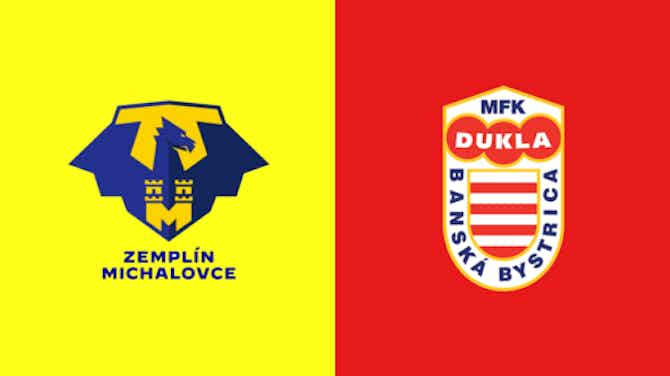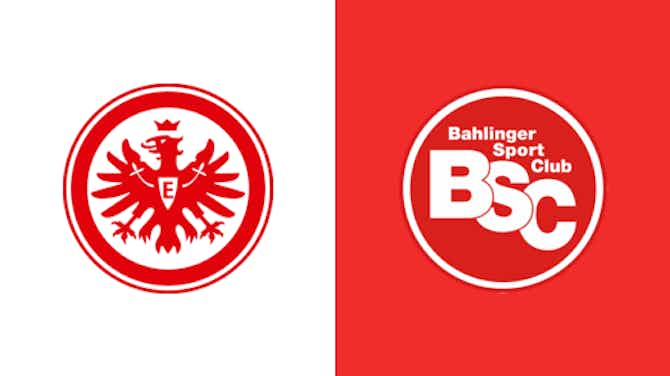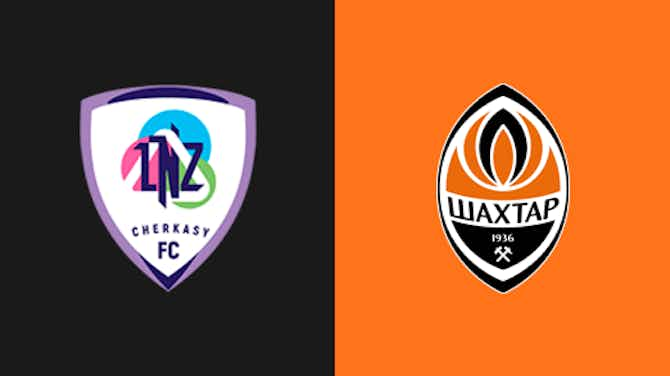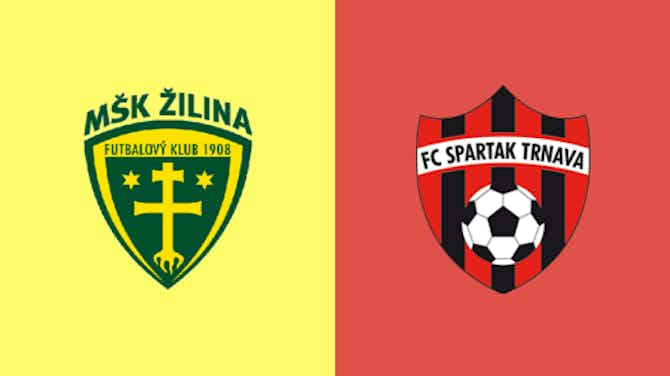OneFootball
Lewis Ambrose·9 July 2022
Exclusive: Euros coach on unique tournament challenges and so much more
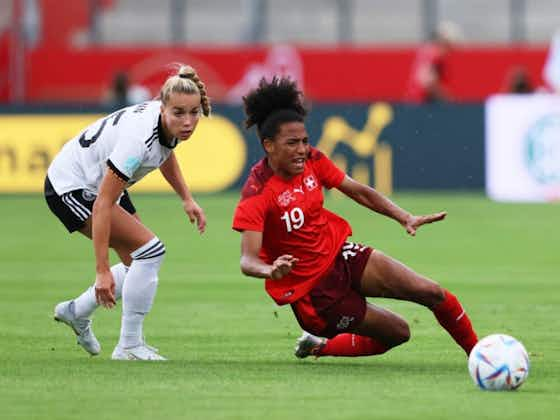
OneFootball
Lewis Ambrose·9 July 2022

“I want all the players to have the opportunity to reach their potential. For that we have to improve the conditions.
“There is a lot of talk about comparison and wages. The players don’t expect equal pay, they want equal conditions and that will improve the quality of the game enormously.”
Those are the thoughts of the Switzerland assistant coach, Marisa Wunderlin, who before the Women’s Euros took the time to sit down with OneFootball and talk about the women’s game, the challenges of tournament football, and the differences between the stars we’ll watch this summer and their male counterparts.
Wunderlin would know: the 34-year-old has worked in the men’s game with FC Zürich, Young Boys and SC Kriens, as well as coaching girls at Lyon and women at international level.
There have been other jobs along the way too but since 2019 she has been an assistant with the Switzerland women’s national team. Last summer she added the post of head coach for St Gallen’s women’s side to her CV.
After an impressive first season in charge there, focus is back on the international game and work as assistant coach on Nils Nielsen’s staff.
“Being in a different role on this staff is no problem at all. Even during the season I’ve made that switch and before that, in the first years in the national team, I was also head coach at a club,” says Wunderlin.
“The change is actually quite exciting, because there is always the chance to give ideas within the national team without having to make the very final decision.
“That means you have to think carefully about which ideas are the most important and at the same time be able to live with things if you would perhaps do them differently.
“And again, I appreciate that at the club I can also make the decisions, but sometimes it would be nice if you could just give your input and someone else makes those calls!”
Those calls can be trickier at international level, where players cannot be sold or signed and coaches have to work with what they have, but Wunderlin insists that is not an issue for any of the Switzerland staff.
“For me, it doesn’t really matter,” she explains. “In my everyday life at St Gallen, but also here, we have the goal to work process-oriented. That means it’s about getting better every day, learning something new. If I do that properly every day, then there’s the probability that we also get good results.”
Tournament football is its own unique challenge, though. Having goals is one thing but preparing and recovering for games just days apart while living away from home is a challenge that faces all teams on the biggest international stages.
The level of preparation that goes into this, though, means Wunderlin and Switzerland already know what they are up against.
“First of all, you have the mental factor,” Wunderlin explains. “You are on the road together for weeks. Normally you don’t spend that much time together, you have to have that in mind. What free spaces are there?
“We had it so that we always train for five or six days during the preparation period and then they can go home for two days. Since Switzerland is not that big, everyone can get home easily by train. After two days you are back and you’re mentally fresh.
“On the ground, when we’re in England, it’s about keeping the pressure off between games.”
Another problem unique to tournament football is being able to analyse games, analyse the opposition, and put lessons into practice on a short schedule.
Wunderlin explains that much of that work has been done in the lead up to arrival in England.
“For these Euros, we have invested more time preparing for the opponents we know we will face.
“With the tournament and the quality of the opponents, you still have the main goal to do your thing as well as possible, but you might have to be alert to the opponent and adapt.
“We already have a rough idea of Portugal, Sweden, the Netherlands.
“What have Sweden always done in the last 10 years? They play 4-4-2, defensively compact. The likelihood of them changing that now against us, their basic idea, is zero. Portugal play 4-3-3 or with a diamond, for example. You know either one or two options and that’s what you work on.
“Then the last friendlies are looked at – our opponents will do the same – and your impressions are, probably, confirmed there. We have two analysts, one is responsible for looking at us, our games, and one is responsible for looking at the opposition teams.”
And between games, is there more focus on the last match or the next one?
“At a tournament you want to win, you have to win to progress. But for the mentality, for us, the staff, it’s crucial that we look at ourselves a lot. As soon as I look at someone else, I’m dependent and dependence always has a negative touch.
“Taking it in our own hands and analysing ourselves – What did we do well? What can we do better? – and to put the game behind us is important.
“As soon as possible after the game against Portugal, we’ll talk about how we solved the problems in the game. Then we’ll give a preview of what we can expect — ‘We think Sweden will play like this…’ — so the players can have that in mind. The game ends, you close it, and then just give a hint for the next one.”
But analysis isn’t the only issue that is intensified in the hectic schedule with the physical toll on players impacting selections and substitutions.
“If you’ve prepared well in the last few years you know how much players can take, that fast players maybe need a bit more recovery time, and there are others for whom three games is no problem,” Wunderlin explains.
“And then you need to consider against which opponent it might be best to change a certain position. Do we have a No10 and a striker who have to run a lot at a high intensity? Then maybe I can’t use a faster player in that position three times for 90 minutes. It’s not a problem to adapt, these thoughts happen automatically.”
And that has an impact on the tactics as well, with teams unlikely to be able to maintain high, intense pressure throughout games three times in eight days. Wunderlin has an answer for that too.
“With the Swiss national team, we have two defensive ideas that have grown over time,” she begins.
“You don’t have to implement one idea half the time and the other idea half the other time, but you can go 30/70 and be flexible and change it.
“If I compare today with 15 years ago, everyone talks about systems but the basic principles probably remain almost always the same. That is what is relevant for me.”
Having worked with both men and women in the professional game, we ask Wunderlin what the differences are and it’s another case where she points out two main ones.
“There are a few differences physically and psychosocially,” she tells us. “The technical, tactical considerations, in principle, are the same, it’s in details like ‘can I press the same?’ because the pitch is, in relation to sprinting speed, bigger for the women. But these are small details.
“Regarding the physical differences, we have different injuries. Women have more cruciate ligament ruptures, less muscular problems. Women recover a bit quicker. Classically with the men in Switzerland, it’s a case of ‘matchday plus two’ for a break after a game for professionals. For women, many can already train pretty well again well on that second day.
“The psychosocial differences are: if I take the average player, the woman is less aware of where her strengths lie, a level of critical thinking is there. With the guys, most of them know what they’re good at. That’s often good but sometimes you need more reflection.
“An example: we do a finishing exercise, exactly the same for men and women. After the third shot on goal, the male player will look at you and is like, ‘Did you see that?!’ In the women’s game, you’re asked ten questions before she shoots but for him it’s just ‘Let’s let rip and see!’ A good mix would be cool. And that’s just the average, there are extremes in both camps.”
Our time is almost up and we head back to the Euros. Switzerland are in a tough group, facing two former winners in the Netherlands and Sweden. What can they hope for?
“Of course we want to play our best. If we do that, then we can also allow ourselves to dream a bit,” Wunderlin smiles.
“We have two really top opponents and we have to start well against Portugal. Who knows what can happen?”






